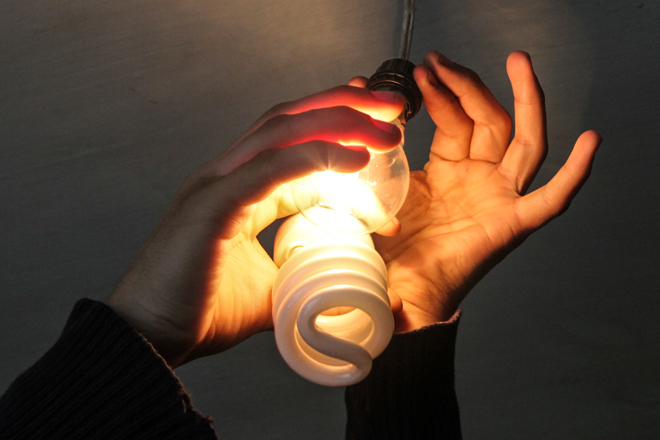Jul 19, 2019 (LBO) - Sri Lanka has a long way to go when it comes to energy sector governance Director, Asian Development Bank, South Asia Energy Division, Dr Priyantha Wijetunga at the ‘techno’ 2019 launch at Marino Beach Colombo held recently.
“With all advancement and with all progress in the energy sector in various countries, we should keep in mind that improved governance in the energy sector in all the countries has enormously helped to conceptualise and to implement the programs,” Dr Wijetunga said.
“Energy sector governance is the key, the most important thing in the behind of all the initiatives,”
“As one can see Sri Lanka need to go a long way in related to governance, compared to other countries in the region. In fact, we used to lead and in this particular area, we are really lagging behind. It is time that we look at this closely so that we do not lag behind.”
Sri Lanka energy sector comprises government-owned utility provider – Ceylon Electricity Board (CEB), the policymaker – the Ministry of Power and Energy and the regulatory – Public Utilities Commission of Sri Lanka.
The CEB has the main share of the electricity generation, distribution and transmission. However, Dr Wijetunga says most of the countries have unbundled the above three where Sri Lanka haven’t given a thought.
He added separating utility business, policy-making and regulatory mechanism are essential for the sector to thrive.
“As you know the supply industry (in the world) has gone through the structural reforms and unbundled both vertically and horizontally in most of the countries, separating transmission, distribution and supply,” Dr Wijetunga said.
“Also, along with it, institutional reforms separating policy-making from utility business and establishing independence regulation has taken place. It is a basic principle and you have to have these three separated and we should never try to put them together.”
His words came in a time phase where Ministry of Power and Energy has already obtained the cabinet approval to curtail powers of the regulator – Public Utilities Commission of Sri Lanka (PUCSL). The regulator has powers to regulate the economic, technical and safety of electricity industry. The approval which now is with the legal draftsmen, request to remove economic and technical powers of PUCSL and to give the same powers to the Ministry of Power and Energy. After removing the powers PUCSL will just be the safety regulator and an ombudsman for the electricity industry.
Economic and Technical regulation include approving the power generation plan for the country, approving the power purchase agreements, approving emergency power, setting standards and regulation to improve efficiency and quality of the power supply and service, setting electricity tariff and etc.
Dr Wijetunga says sectoral reforms also should take place with establishing independence regulation.
“By now, the majority of countries include many in the developing world around us have fully unbundled energy supply industry with a reasonably independent regulatory environment. Increasing private sector participation can be seen in all the sub-sectors, generation, distribution and even in transmission. If you go to India, you have the transmission in the private sector and in fact, Nepal is trying to bringing the private sector into the transmission and Bangladesh too. If you look around, India, Bangladesh and Nepal have significantly advanced and rapidly progressing in these areas in reforming the sector.” Dr Wijethunga said.
“Along with this reform, came the need to go through tariff reforms for cost recovering the sector in parallel with emphasising to increasing access to electricity. So, we always think tariff reforms cannot be together with everything else. But they have to go in hand in hand. In fact, India started reforms in 1995 and even when ahead with reforms adjusting the new electricity act 2003. Today in almost all the states in India from large states like Uttar Pradesh with the demand 21000 MW to very small states like Meghalaya with 400MW demand. All these are unbundled. And if you look at economically advanced stats like Maharashtra, and economically backward states like Nagaland, are unbundled and have an independent regulator in place. This is seen everywhere in India.”
He says Sri Lanka also should follow these imaging patterns.
“These reforms will undoubtedly help the energy sector and enhance the economic development of the country. Relating to this intervention, engineers who perform at the core of this sector has an enormous responsibility to innovate and think about longer-term sustainability and take this progressive work forward.” Dr Wijethunga said.

